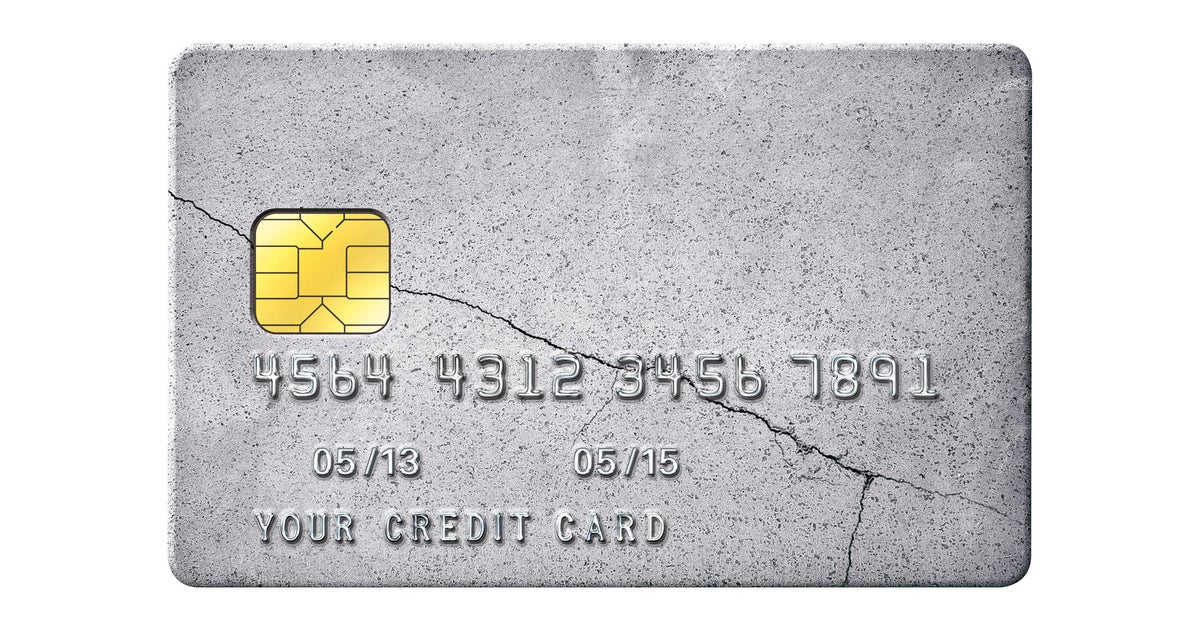What can pet insurance do for you? The answer might surprise you.
When you think of being a pet parent, you might picture the fun and love that these new family members can bring. But having a pet can also have a significant financial impact.
Over a 15–year lifespan, pet care costs for dogs range from roughly $20,000-$55,000, and cats cost around $15,000-$46,000, according to a study by Synchrony, which owns Pets Best pet insurance.
Not only do you have to budget for things like boarding, grooming and food, but also veterinary care expenses. However, pet insurance can help limit the financial effects of pet health issues, depending on your plan.
Ready to get started? Find out your top pet insurance options here.
What can pet insurance do for you? The answer might surprise you!
Consider the following ways pet insurance can help:
Pet insurance can prevent you from having to make tough choices
Veterinary care can quickly get expensive, such as if your pet needs emergency surgery or has cancer.
"People think having healthy savings will protect them in case of an emergency, but serious accidents or conditions can quickly add up to vet bills that easily extend into the thousands and can even exceed $10,000 for just a single hospital stay," says Dr. Zac Pilossoph, consulting veterinarian at Healthy Paws Pet Insurance.
With pet insurance, though, you can find a plan that will cover unexpected expenses and protect you from having to make tough choices. Some pet insurers, such as Healthy Paws and Pets Best, offer unlimited annual or lifetime benefits, which you might decide to choose if you're worried about big medical bills.
Lower limits generally lower your pet insurance price, but some pet parents want the peace of mind of not having limits.
"My recent situation had my cat Shia going in and out of the hospital to figure out what was going on and to stabilize her. Each overnight stay was around $2,500 and that didn't include all the tests, medicines and special food she needed. I currently have around $14,000 in vet bills, and my insurance company pays out a maximum of $3,000. I made a mistake," says Heather Krug, founder and CEO at Heather Krug PR & Marketing.
Explore how pet insurance could benefit you, and your wallet, here.
Pet insurance covers than just cats and dogs
Many pet insurance companies only provide coverage for dogs and cats, but if you have other types of pets, like birds, reptiles, rabbits, horses, etc., you can find select pet insurance providers that cover these animals. There's less variety to choose from, but don't assume that you can't find coverage for other animals too.
Pet insurance may cover alternative treatments
In addition to more traditional treatments such as surgeries, you can often find pet insurance plans that cover alternative treatments. For example, some pet insurers "will cover alternative therapies such as acupuncture, hydrotherapy and chiropractic care, when done by a licensed vet," says Dr. Pilossoph.
A policy may have coverage for prescription food
Some pet insurance providers also cover the cost of prescription food. If your pet needs a special diet related to a condition covered by that policy, your pet insurance may kick in. That can come in handy, as the cost of prescription food can be much higher than regular food.
It may cover genetic, hereditary and chronic conditions
Although pet insurers generally don't cover pre-existing conditions, you might be able to get coverage for genetic, hereditary and chronic conditions. If your dog's breed is prone to hip dysplasia, for example, then having the right pet insurance could save you significant money down the road if your pet develops that. Chronic issues like diabetes, if not pre-existing when choosing a pet insurance plan, can also be covered.
"Medications for chronic conditions are covered by many pet insurers. This can be an expense that pet parents incur monthly for the life of their pet," says Dr. Pilossoph.
Chronic condition coverage can be particularly important to have as your pet gets older.
Your senior pet could also get coverage
If you have an older pet, you might think it's too late to get pet insurance, but that's not necessarily the case. Some insurers do not have upper age limits.
"Pet owners often think that older pets are uninsurable, so as their pet ages and medical problems develop, they are deterred from getting insurance. Age may even be a factor in adopting an older animal due to the anticipated potential costs," says Jonathan Wainberg, VP and general manager, pet and co-brand, health and wellness at Synchrony.
That said, you're generally better off getting your pet insured when they're younger, if possible.
"Some people think it makes sense to wait until their pet is older to sign up. But pet insurers will never cover pre-existing conditions, so signing pets up when they are young and have not yet developed a medical history with illnesses makes sense before any issues crop up. Also, accidents involving pets are extremely common and can happen at any age," says Dr. Pilossoph.
The bottom line
Overall, pet insurance can do a lot for your finances and emotional well-being. Just make sure you pay attention to the specifics before buying a policy.
For example, "you cannot sign up for pet insurance while at an emergency room with your pet and expect the insurance company to cover the cost of that emergency visit. The policy has to have been approved in a certain window of time before that emergency visit occurs. For example, Healthy Paws waiting period is 15 days before coverage kicks in," says Dr. Pilossoph.
But assuming you do find the right plan that fits your needs, pet insurance can come in handy, perhaps more than you realized.




